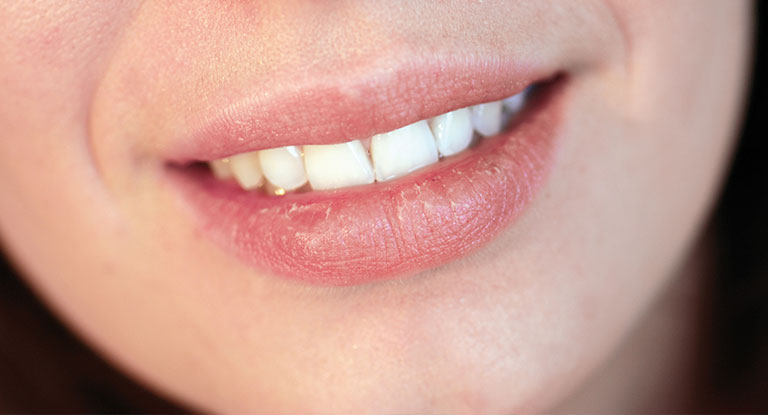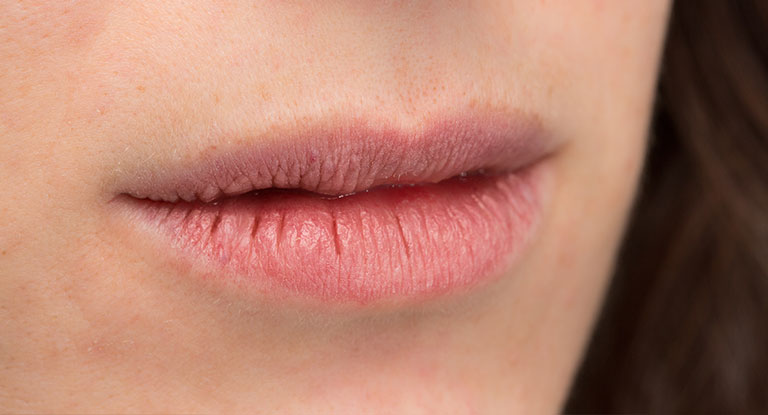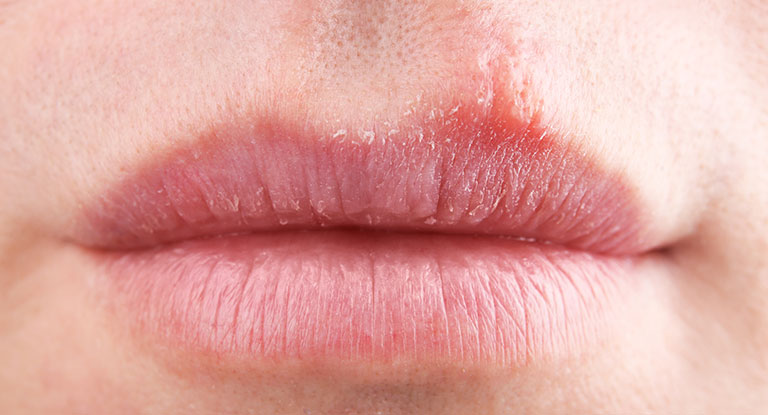

Dry mouth is also called xerostomia. It is a condition that affects the flow of saliva, causing your mouth to feel dry. The saliva in your mouth helps it to work well. It makes the mouth moist and mixes with food so that it can be swallowed easily. The saliva is a cleanser; it keeps the mouth and teeth clean and helps to fight tooth decay.
In this article, we will be dishing out useful information on all you need to know about dry mouth, the common causes, preventive measures, possible treatment options and scheduling appointments with your dentists.

Dry mouth has several symptoms. Just as the name implies, the most obvious of the symptoms is a “dry mouth”. Other symptoms of dry mouth include:
These symptoms are not particular to just dry mouth. You can consult your dentist if you have any of the above symptoms so that your dentist can tell you the next step to take.
Having a dry mouth may be a symptom of another health problem or when you take certain treatment or medication. Most times, dry mouth is a side effect of some medications such as heart, blood pressure and depression tablets. Your doctor should be able to tell you if the medication he or she prescribed for you will cause dry mouth. Medical treatment such as radiotherapy or head or neck surgery can also cause dry mouth.
Some medical conditions such as diabetes, lupus, Sjogren’s syndrome and blocked salivary glands can cause dry mouth as well.
Women may have dry mouth more often when they get to menopause. Taking hormone replacement therapy (HRT) after menopause may also lead to dry mouth in women. You should consult your doctor if you experience any dry-mouth symptoms as a result of medications you are taking.
There is no way you can prevent a dry mouth, but there are some products you can use that will relieve the symptoms.

Saliva is very important for your dental health; it helps to neutralise the acid that attacks your teeth. Saliva mixes with food while chewing so that swallowing becomes easy. When there is no free flow of saliva, you will have a problem swallowing food.
Another importance of saliva is that it helps to prevent tooth decay; It protects your teeth from the bacteria that causes dental plaque, tooth decay and gum disease.
The taste of food can also be affected when there is less saliva. This makes it hard to eat very dry food. The limited flow of saliva can affect your speech and also cause bad breath.
Products such as gels and sprays can help your mouth to stay moist and comfortable. Some of these products have ingredients that can also help prevent tooth and gum problems. Products like toothpaste and mouth rinses can help with your day-to-day oral hygiene.
You should visit your dentist regularly when you have a dry mouth. This is because dry mouth has a tendency to cause tooth decay and gum disease. Tooth decay and gum disease can get worse over time if you don’t see your dentist for treatment regularly. You should discuss with your dentist so that you know how often you should visit.
You can relieve the symptoms of dry mouth in different ways. Sipping water, or taking sugar-free sweets can help to relieve dry mouth in the short term. Sugar-free products are more preferable for use to limit the risk of tooth decay caused by dry mouth. Chewing sugar-free gum can also increase saliva flow in your mouth. Your dentist may recommend products such as mouth rinses, gels, pastes and lozenges when you visit.

Toothpaste that contains Sodium Lauryl Sulphate (SLS) should not be used by people with a dry mouth, because it can irritate the mouth and make the condition worse.
Fluoride toothpaste containing at least 1350 to 1500ppm (parts per million) of fluoride is recommended for use if you have dry mouth. A good toothpaste contains antibacterial agents and other ingredients which helps to control the build-up of plaque.
The causes of dry mouth cannot be prevented. However, your dentist can help you keep your mouth clean using fluoride so that tooth decay can be prevented. Your dentist will be able to advise you about the food you can eat that can improve your oral health.
Dry mouth can cause tooth decay or gum disease that will require you to see a dentist regularly. Smile Works Dental has qualified dentists who can advise you on products you can use to relieve your dry mouth. You can visit us at Harley Street, London, or call 020 71834091 today to book an appointment with a dentist.